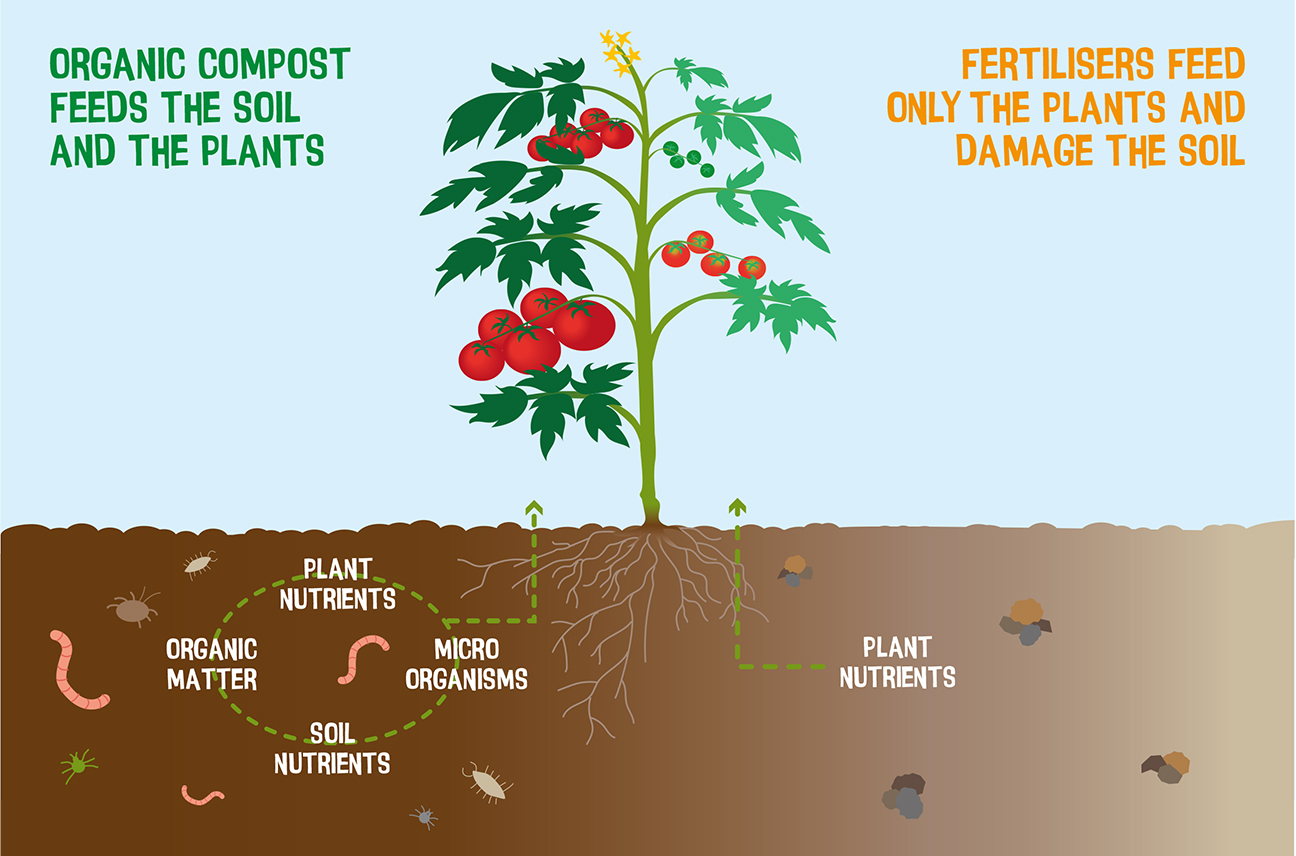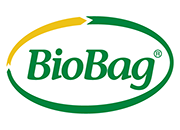Will compostable bioplastic be part of the EU’s soil strategy?
Posted on January 31, 2023 at 12:15 pm

The soil is an essential starting point for our entire existence. It is the basis for all food chains and for biodiversity on earth.
But in the EU alone, 60-70% of the soil is not healthy. Each year, approximately a billion tons of soil is lost due to erosion, resulting in an agricultural production loss of 1.25 billion Euros per year in the EU. In addition, the soil suffers from loss of organic material, pollution, loss of biodiversity, salinization, overexploitation, and discharge of pollutants.
Healthy soil will strengthen our resilience and vulnerability to climate change. Therefore, the EU is working on a Soil Strategy, which must involve, among other things, a clean and circular economy so that we can grow healthy food and pay attention to the health of people, animals, and the environment. The soil must have the same care and protection as air, water, and the marine environment.
How can bioplastic contribute to healthy soil?
We think it is essential that the EU, in its Soil Strategy, includes compostable plastic as an important factor in the restoration and maintenance of healthy soil.
Collecting and composting the huge amounts of organic waste that we humans generate is a sustainable, good, and meaningful way to improve our soil. Giving all this organic material back to the soil will improve the soil quality. It will give back valuable nutrients and microorganisms, so that the soil becomes healthier and more resistant to, for example, drought and heavy rain. It will also maintain the soil fertile for growing food in a healthy and valuable circular economy.
When sorting and collecting food waste, studies in several EU countries show that if sorted food waste is collected in bio bags, the quantity as well as the quality of the collected food waste is increased. The more food waste collected and used to improve our soil, the better.
The after-treatment of food waste can differ from country to country – and even from municipality to municipality. We think the best solution is composting and extraction of biogas, which is a sustainable form of energy that can replace fossil energy sources. After composting and/or extraction of biogas, the food waste can be transformed into very nutritious compost, which can be used for soil improvement in agriculture and other places where it is needed. The importance of a certified compostable bio bag in this process is the assurance that there are no plastic residues and therefore no microplastics in the fertilizer that is spread on farmland or elsewhere in nature. Bio bags are broken down by the microorganisms that are in the soil and in the food waste. If the food waste is collected in a waste bag made of conventional or recycled conventional plastic, there is a high probability that the compost that is spread on the fields contains plastic residues and thus microplastics. Since conventional plastic does not disappear, the plastic pollution of the farmland will accumulate with each new layer of fertilizer that is spread on the ground.We must avoid further contamination of our soil and therefore compostable bio bags are the obvious solution for collecting food waste. First, because we are sure that it degrades completely and does not cause further plastic pollution. Secondly, because it helps to increase the amount of collected food waste in cleaner waste fractions. The greater the amount of organic waste we can sort and compost, the more we can give back to the soil we are so dependent on.
Sources:
https://www.european-bioplastics.org/how-compostable-plastics-contribute-to-soil-health/
https://docs.european-bioplastics.org/publications/pp/EUBP_PP_Soil_health.pdf
https://ec.europa.eu/commission/presscorner/detail/da/qanda_21_5917

No comments yet. If you want you can add one!
By submitting a comment you grant BioBag a perpetual license to reproduce your words and name/web site in attribution. Inappropriate and irrelevant comments will be removed at an admin’s discretion. Your email is used for verification purposes only, it will never be shared.